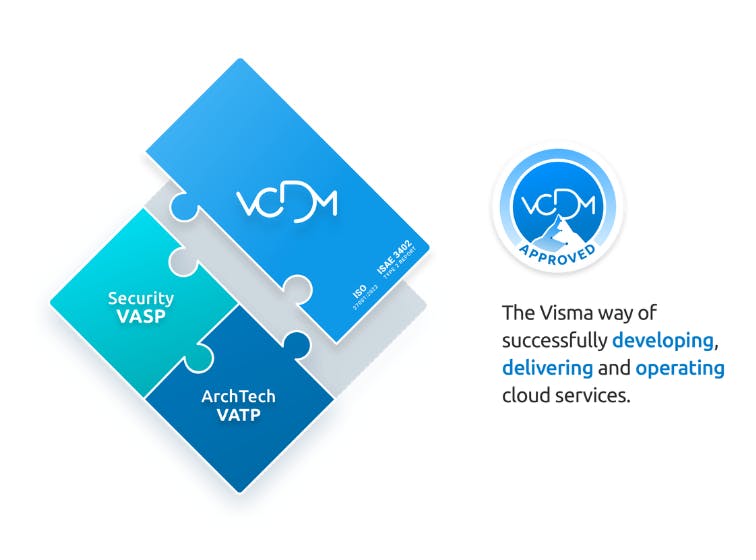Article
Transform your business with APIs
17/9/2024
min read
Innovation and development

Chances are you’ve used at least one API today – and probably dozens within the last week – without even realising it. As our world continues to get more connected, we see APIs (or rather, feel their presence) everywhere. APIs are the link that allows two applications to talk to each other. They enable businesses to scale and grow faster than ever. They provide smoother and better user experiences. And they significantly speed up development time for companies that want to extend their offerings and market reach. All of which comes with huge financial benefits. In fact, a 2024 study by Kong Inc found that “the global economic impact of APIs is expected to reach $17.3 trillion by 2030”. And with the continuous advancements in AI, APIs will become even more valuable as the foundation for AI innovation and development.
Consider how APIs have transformed customer experience within the travel industry. It wasn’t that long ago that people had to visit separate websites or use different apps to book flights, hotels, car rentals, and activities. Now, APIs allow all these services to be integrated into a single travel platform. Take Skyscanner or Google Flights, for example. These platforms use APIs from airlines, hotel chains, car rental companies, and other travel service providers to pull in real-time data, compare options, and allow users to book everything in one place.
Read more: 5 API trends we’re seeing in 2024
When it comes to other businesses, and even internal processes within businesses, the value of APIs is just as noteworthy. If we narrow the scope to medium-sized businesses and enterprises, the biggest advantage you’ll see is via integrations with your ERP system. Businesses of any size must remain agile, adaptable, and efficient in order to compete. And while those are usually strong characteristics for small businesses, it can be difficult for larger organisations to keep that edge. That’s where a strategic API + ERP strategy comes in.
Here are a few benefits of using API integrations within your ERP system.
Human resource management (HRM)
APIs that connect your ERP and HRM systems allow you to accurately track and manage your employees’ data – from payroll and benefits to performance metrics and more. This integration streamlines HR processes, improves compliance, and reduces errors. It also provides powerful insights into the financial impact of HR operations on your organisation, helping you create more accurate budgets and resource plans.
Reporting and analytics
By integrating reporting and analytics directly into your ERP system, APIs unlock a comprehensive view of your business. You can analyse data across departments, spot trends, and drive decisions backed by data. With real-time access to key metrics, you gain a clearer understanding of how business choices affect your organisation financially, empowering more informed and strategic decision-making.
Project management
APIs give project managers real-time visibility into project statuses, resource allocation, and budgeting, which are critical tools for maintaining control and driving efficiency. By consolidating all project data – from tasks to deadlines – into one central system, project managers can make informed decisions and quickly adjust resources as needed. And that’s good for both project efficiency and profitability.

Ready to unlock more tips to transform your business using a thoughtful, fully integrated ecosystem strategy?
Voice of Visma
We're sitting down with leaders and colleagues from around Visma to share their stories, industry knowledge, and valuable career lessons. With the Voice of Visma podcast, we’re bringing our people and culture closer to you. Welcome!
















































































































































































































































